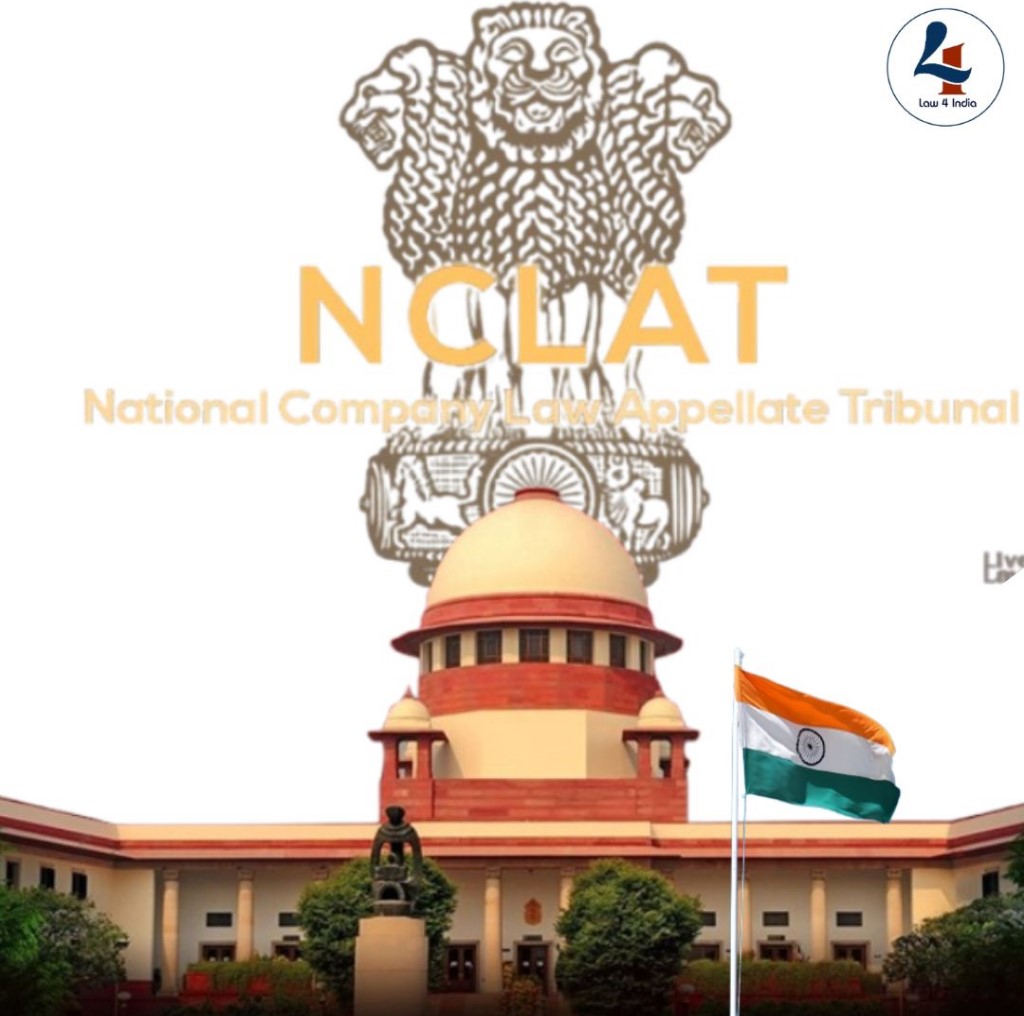-By Subhrodeep Maiti and Ankit
Supreme Court recently raises concern over the National Company Law Appellate Tribunal (NCLAT) questitioing its excessive time and energy in drafting a 17-page order for a routine delay condonation application. The Court highlights broader issues of case pendency and judicial efficiency, mainly in insolvency and bankruptcy proceedings.
Bench comprising Justice Abhay Oka and Justice Ujjal Bhuyan expressed concern as why the NCLAT, which is already occupied with large number of pending cases, devoted so much of effort into the drafting on a simple procedural matter. The court also noted that long presentations which are sunbmitted by the Bar Members often lead to the issuance of overly wordy orders which leads to delay in the judicial system.
“We wonder why the NCLAT, which has a high pendency, should devote so much of time and energy in writing an order running into 17 pages for considering the application for condonation of delay. While we say this, we cannot ignore that sometimes such long orders are required due to verbose and unnecessarily long submissions of the members of the Bar,” the bench observed.
The case in quiestion “‘ Power Infrastructure India vs. Power Finance Corporation Ltd. &Anr. ” involved on an appeal under Section 61 of the Insolvency and Bankruptcy Code, 2016 (IBC). Under Section 61(2) of the IBC, an appeal must be filed within 30 days, and a maximum extension of 15 days is permissible if sufficient reasons are shown.
In this instance, the appellant, a foreign company, electronically filed its appeal on the last day of the extended period, i.e., November 11, 2022. Due to NCLAT Holidays on 13th and 14th November the hard copy was submitted on November 14, 2022.
The respondents argued that strict adherence of IBC timelines must be followed to ensure the efficience of insolvency resolution is effective. They further contended that leniency in condoning delays would defeat the purpose of the IBC, which is to promote timely resolutions and be, therefore, to the benefit of the economy.
Nonetheless, the Supreme Court established that the NCLAT had utilized a hyper-technical method by rejecting the delay condonation application. Given the appeallant filed the appeal within the time frame, and in addition that the delay was justifiable, the court dismissed the application was unwarranted. The bench emphasized that courtrooms must duty-bound to fair hearing over rigid procedural compliance, particularly when a reasonable cause for delay is demonstrated.
The Court directed the NCLAT to continue the hearing of the appeal in such a way that it is in line with the law, thus, making an argument that the judicial efficiency and a pragmatic approach to procedural delays are highly important.
This verdict highlights the importance of judicial action in the maintenance of the regularity of the legal process and ensures relevant laws are being followed for fair and just decisions. The Supreme Court’s dismissal of prolonged orders and wordy pleadings is a message to ensure efficiency and the justice.
.

